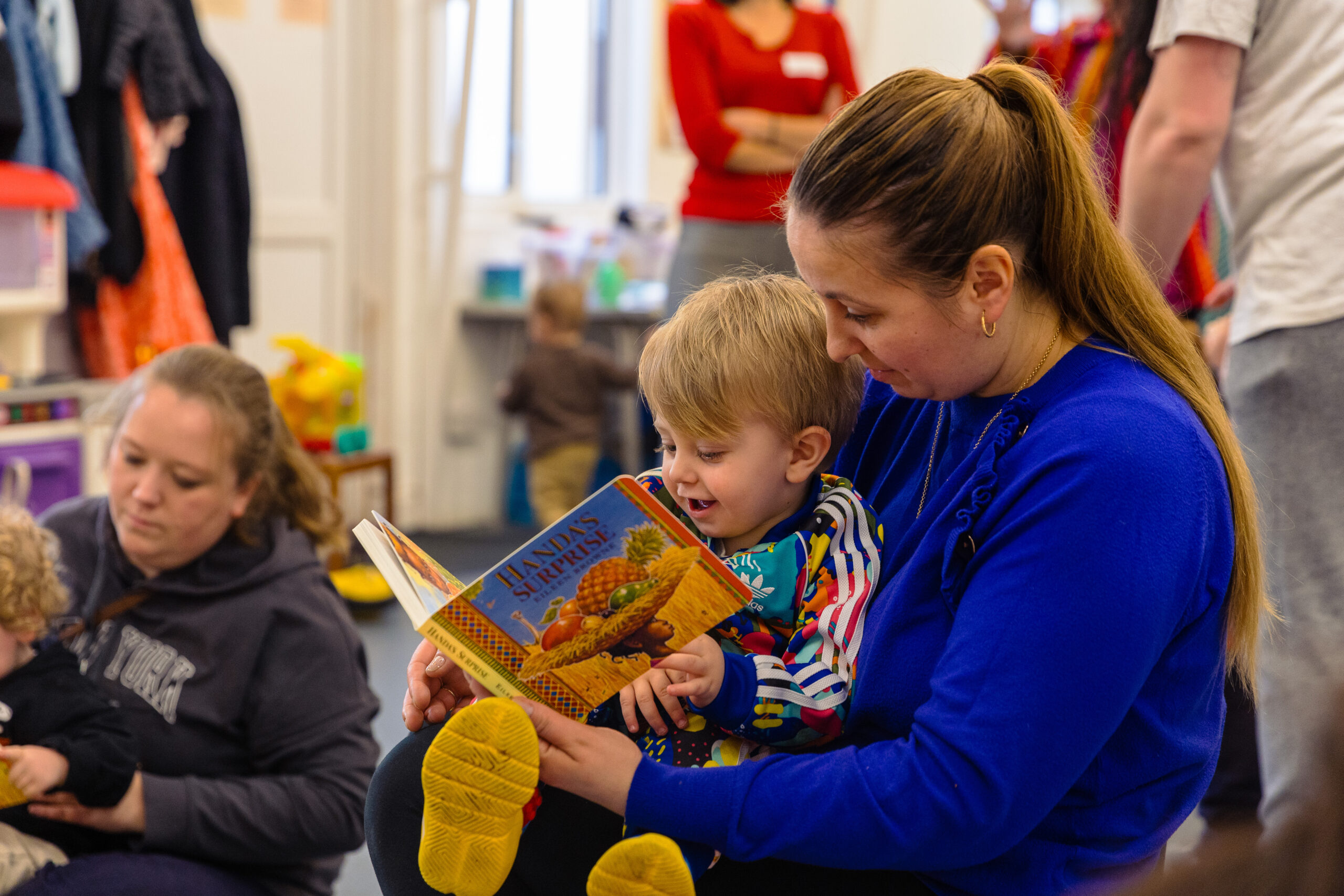A community-based project to promote a love of reading among families in low-income areas in Reading is providing benefits beyond improved literacy in children such as increased confidence and better mental health. By co-designing book-related activities with community members the project fosters trust and engagement and has generated national policy interest.
Children from homes in which family members read and own books develop stronger literacy skills and do well at school. However, low-income families often lack time and resources for reading activities. Early interventions like Sure Start positively impact educational outcomes even years later at GCSE level, highlighting the value of early support to reduce the disadvantage gap.
This project aimed to foster a love of reading in families in Whitley and Whitley Wood, reported to be among the most deprived areas nationally. Led by education experts Dr Holly Joseph and Dr Daisy Powell, researchers took a participatory approach, working with families, schools, libraries, charities and community centres to co-design activities that would be engaging, self-sustaining and tailored to local needs.
Based on extensive interviews and informal discussions, they co-designed parent-toddler storybook groups, a book club for parents and a school-readiness summer school for pre-schoolers.
Key to the project’s success was building trust with a community wary of top-down interventions through recruiting community members as co-investigators and providing incentives like opportunities to socialise, tea and cake, and free books.
Families reported benefits beyond just improved literacy – from increased confidence and new friendships to better sleep and mental health. The outcomes garnered strong support from local and national government, and raised funds for ongoing sessions.
As well as benefitting families, the project’s participatory approach has resonated with those seeking effective public services: evidence from the research has informed Labour policy discussions on early years provision and literacy development.
“Also, the children seeing us read at home… when we come back from school, we have half an hour of reading time… it’s just something that’s now etched into what we do… I think I’m reading two to three books a month now.”
Mum, parent and toddler reading group and adult book group
Judges’ comment
“An excellent project, well developed with co-creators, that has had very successful local engagement and is starting to impact on national policy.”
Partners
- Aspire2
- Brighter Futures for Children
- Hexham Road Community Centre
- Reading Borough Council
- Reading Libraries
- Whitely Community Development Association
- Whitley Excellence Cluster
- Whitley Wood Community Centre
Funders
- University of Reading and John Sykes Foundation Community Fund
- Friends of Reading University
- Research England via the University of Reading Participatory Research Fund
- University of Reading UROP scheme
Team: Holly Joseph and Daisy Powell (Institute of Education)
Project name: Ready to Read: Community-led reading initiatives in Whitley

